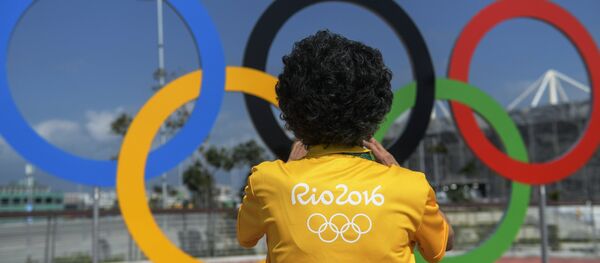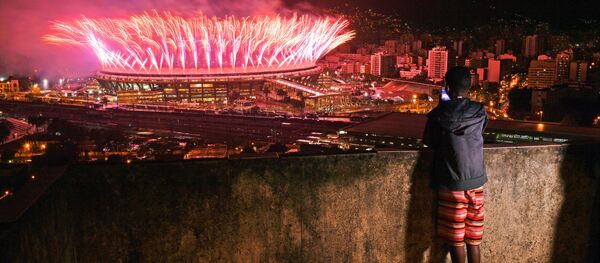This 'urban mining' aims to help the Japanese Olympic Committee (JOC) get the required material to mold gold, silver and copper medals locally. Japan, a country poor in natural mineral resources, is rich in tech manufacturing.
According to official data, some 16 percent of the entire world’s gold and 22 percent of its silver is present in consumer electronics devices manufactured in Japan. No other country, including exporting nations, has such a large reserve of precious metals.
In 2014, an estimated 143kg of gold, 1,566kg of silver and 1,112 tons of copper were discarded in electronics in Japan. This amount would be more than enough to make all the medals for the 2012 London Olympics, which used 9.6kg of gold, 1,210kg of silver and 700kg of copper.
To bring the idea to fruition, however, the JOC must meet several challenges.
Another challenge is competition, as most recovered metals are used in the production of new products.
In July, the JOC discussed a mechanism of accelerating metal collection. With the new campaign they hope to raise public awareness of the challenge and create an effective collection system.
This is not the first time Olympic Games organizers have drawn attention to environmental concerns with the use of Olympic awards. For the Rio 2016 games, gold medals were made without mercury, and silver and bronze medals were manufactured using 30 percent recycled materials.



